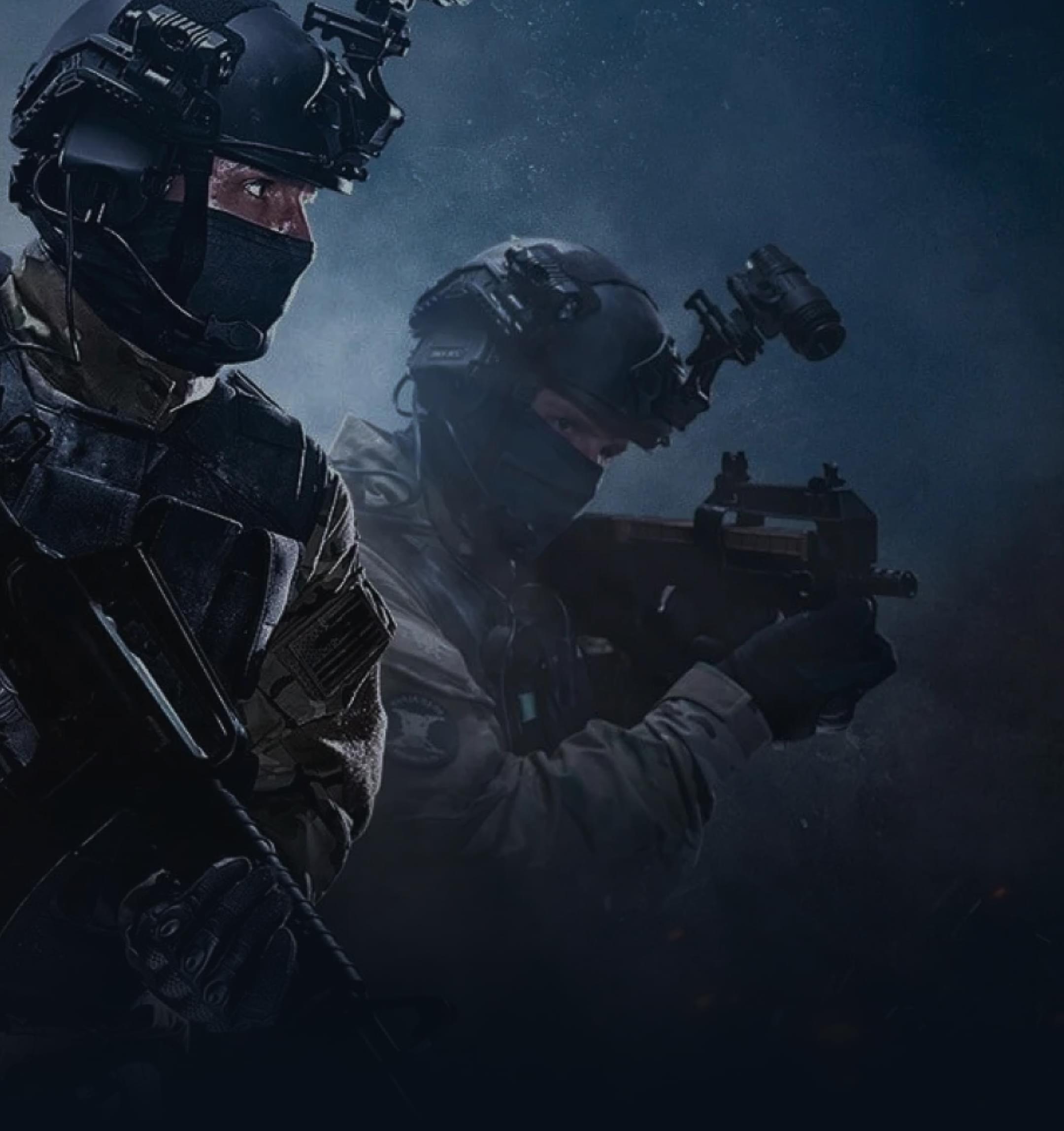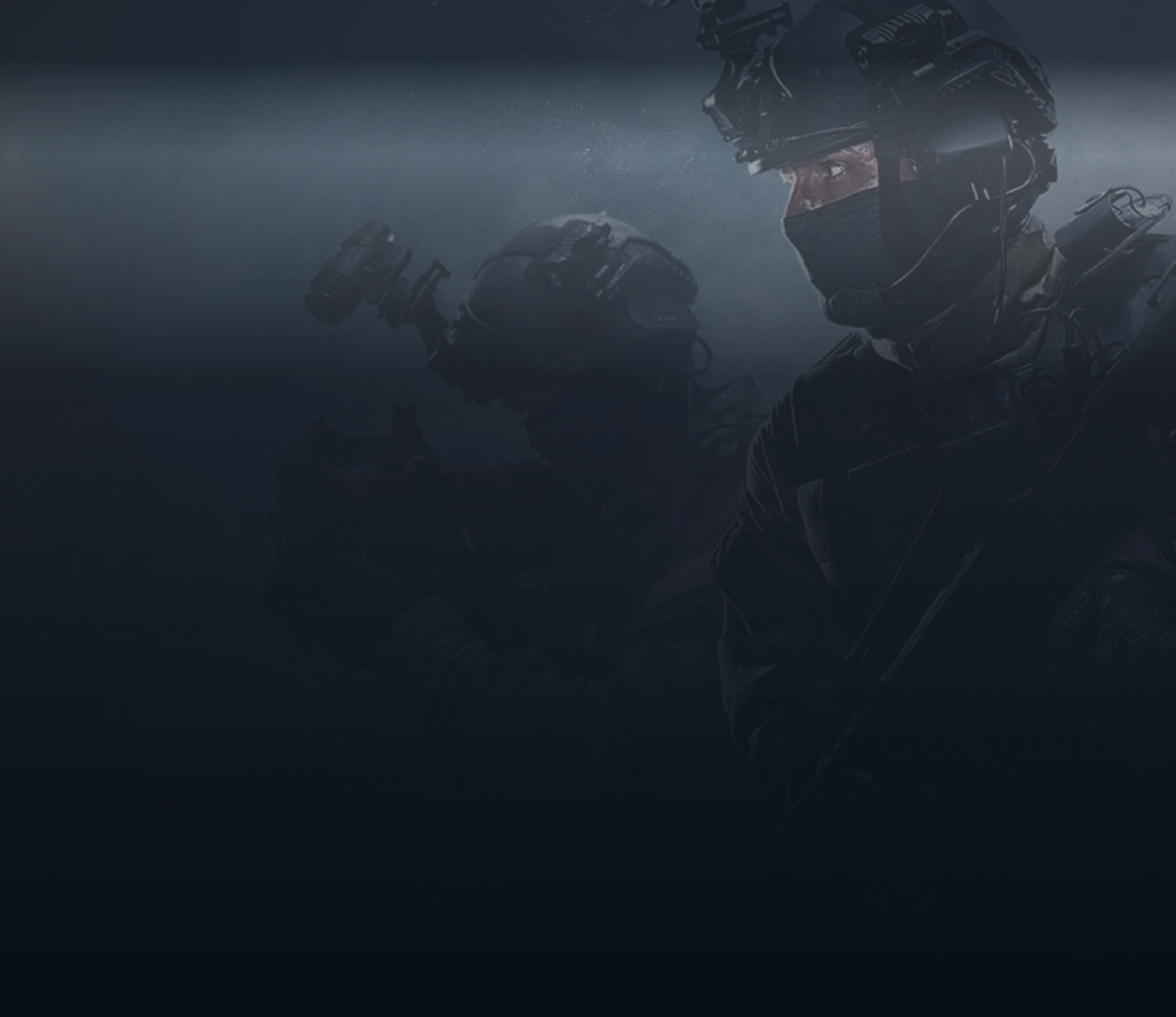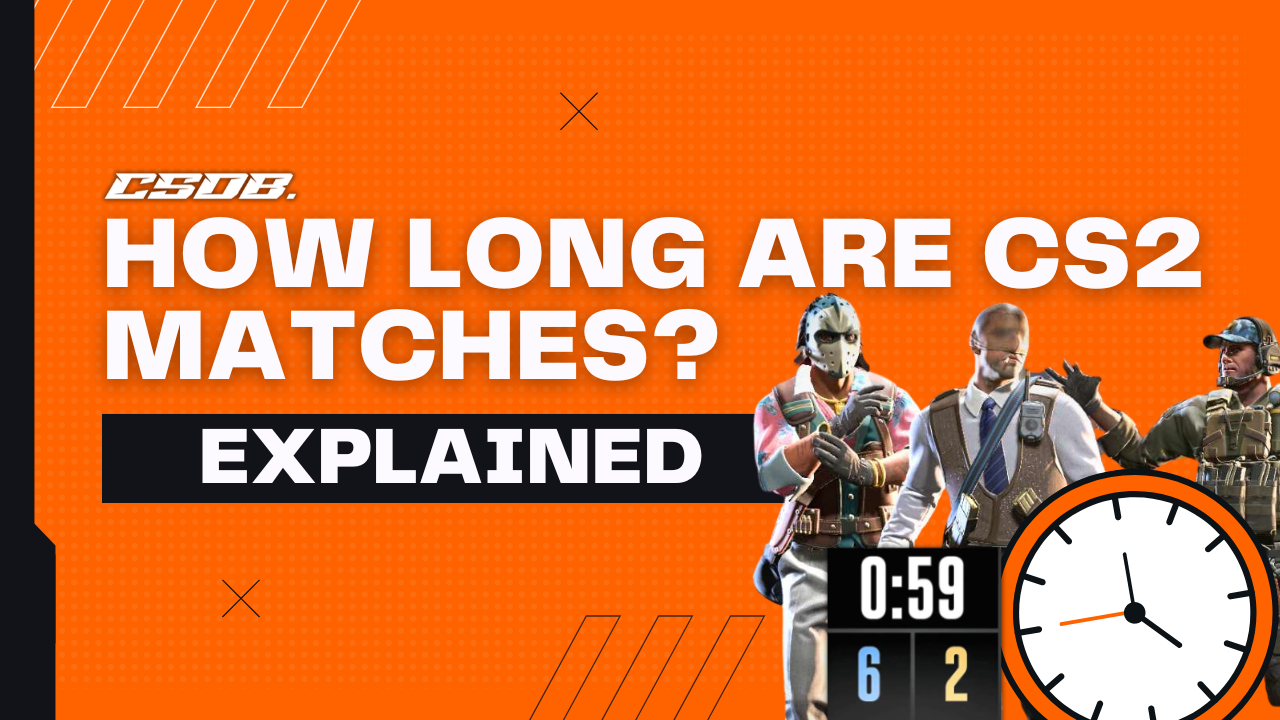When looking at the duration of a Counter-Strike: Global Offensive (CS:GO) match, there are all sorts of factors that can influence the length of the game – making it variable rather than fixed, so there’s no definitive answer to that question.
A typical CS:GO match consists of multiple rounds played between two teams, the Terrorists and Counter-Terrorists, with each round lasting up to two minutes. However, the total duration of a match will depend on various elements – such as the game mode, map selection, team composition, player skill level, and match format.
Game Mode
In competitive play, CS:GO matches are structured differently from casual games played just for fun. Competitive matches follow a best-of-30 format, where the first team that wins 16 rounds will be the victors. This format includes two halves, with teams switching sides after the 15th round. Each half typically generally lasts around 45 minutes to an hour, all depending on the pace of gameplay and the skill level of the players.
In addition to competitive matches, CS:GO offers several other game modes, such as Casual, Deathmatch, Arms Race, and Demolition, each with its own duration.
Casual matches tend to be shorter in length compared to competitive matches, as they feature fewer rounds and less structured gameplay. Deathmatch mode, where players respawn instantly upon death, can vary in duration depending on the score limit or time limit set by the server.
Map Selection
Map selection can also play an important role in determining the length of a CS:GO match. Some maps are larger and more complex than others, which can lead to longer match durations. Maps with multiple objectives or intricate layouts may result in longer rounds as players try to navigate the terrain, take part in firefights, and strategize their movements.
Team Composition
Furthermore, team composition and player skill level can also impact the pace of gameplay and, consequently, the duration of the round time. A match between two evenly matched teams with skilled players, for example, may extend the duration as rounds become more competitive and intense. Conversely, matches involving inexperienced players or unbalanced teams may come to an end more quickly.
Other Factors
There are also external factors, such as technical issues, server performance, and player behavior, that can also influence how long a CS:GO match lasts. Connectivity issues, server lag, or disruptions due to updates or maintenance can prolong the match duration – or potentially result in premature endings. Additionally, player behavior, including toxicity, trolling, or deliberate stalling tactics, can affect the overall pace of gameplay and extend match times.
The Average Time Playing a CS:GO Match
Overall, while a standard competitive CS:GO match will usually last around 60 to 90 minutes, the actual duration can vary a lot based on all the factors mentioned above. Whether you play for fun or competitively, every CS:GO offers a different experience – with variable match lengths based on different preferences and play styles.
Are CS2 Matches Shorter than CSGO Matches?
One commonly asked question right now is, ‘Does CS2 have shorter matches than CS:GO?’ Well, around 3 million CS games have been analyzed, including 1 million each from CS2 Premier, CSGO Long Matches, and CSGO Short Matches from August/September 2023 – all reflecting the latest game updates.
Unexpectedly, CS2 match times seem to be even more unpredictable and variable than CSGO matches. In CS2, matches usually end quickly when one team dominates (15% last 20 minutes or less), but close games can last over 40 minutes. This means that more time is spent in competitive matches without overly extending one-sided games.
CS2’s optional overtime contributes hugely to match duration uncertainty. Matches typically end after 13 rounds – but it can be extended to 16 rounds in certain cases, which is similar to older versions of Counter Strike.
In CS2 Premier mode, featuring MR12 with one overtime, matches can last up to 30 rounds, which is similar to a full game of CS:GO MM. Additionally, longer freeze times and more timeouts available in Premier mode may further influence match lengths.
So, to answer the question, are they shorter? Well, it depends – they are much more varied!
CSGO Vs CS2 Match Length FAQs
What is the difference in match lengths between CS:GO and CS2?
The difference in match lengths between CS:GO and CS2 varies due to a number of factors. CS2 matches tend to show greater variability in duration, and in both instances, a game ends more quickly if one team dominates, while others may extend beyond 40 minutes in close games. CS2’s optional overtime feature also contributes to match length uncertainty, with matches typically lasting up to 30 rounds, compared to the average of 16 rounds in CS:GO competitive matches.
How do CS:GO and CS2 determine match durations?
CS:GO and CS2 determine match durations based on various factors. In CS:GO, competitive matches follow a best-of-30 format, with each round lasting up to two minutes. CS2 matches, on the other hand, feature optional overtime and can be extended from 13 up to 16 rounds. The duration of CS2 matches can be influenced by factors such as team performance, game mode settings, map selection, and additional factors such as timeouts and freezetimes.
Are CS2 matches generally shorter or longer than CS:GO matches?
CS2 matches can vary in length compared to CS:GO matches, so there’s no definite answer to this. While CS2 matches may be shorter if one team dominates, they can also extend longer in close games, lasting over 40 minutes. In contrast, CS:GO competitive matches typically last around 60 to 90 minutes, following a best-of-30 format. The variability in CS2 match lengths, especially with the optional overtime feature, contributes to differences in duration compared to CS:GO matches.
What factors contribute to the variability in CS2 match lengths?
Several factors contribute to the variability in CS2 match lengths. These include team performance, game mode settings, map selection, and optional overtime. Matches could potentially end quickly if one team dominates, while close games can go beyond the standard 13 rounds due to overtime. Additionally, factors such as timeouts, freezetimes, and player behavior can influence the pace and duration of CS2 matches.
How does CS2’s optional overtime affect match durations?
CS2’s optional overtime feature can have a huge impact on match durations. Usually, CS2 matches end after one team wins 13 rounds, but in cases of close competition, matches may extend to 16 rounds. This overtime can add uncertainty to match lengths, as teams will need to secure additional rounds to claim victory. Consequently, CS2 matches can last longer than the standard number of rounds, so you can expect a more intense and extended gameplay experience.
Do CS2 matches have shorter durations if one team dominates?
Yes, CS2 matches can have shorter durations if one team dominates. In such cases, matches may end quickly, as the dominant team needs fewer rounds to secure victory. The variability in CS2 match lengths means that a match can come to a swift conclusion if one team establishes a significant lead so that gameplay always remains dynamic and competitive. Conversely, close matches may go on for longer as teams vie for victory, offering a more intense and prolonged gameplay experience.
Are CS:GO matches more predictable in terms of length compared to CS2 matches?
CS:GO matches are generally more predictable in terms of length compared to CS2 matches. In CS:GO competitive play, matches follow a best-of-30 format, with each round lasting up to two minutes, resulting in a typical match duration of 60 to 90 minutes. In contrast, the variability in CS2 match lengths, influenced by factors such as optional overtime and team performance, makes CS2 matches less predictable in terms of duration.
What impact do game modes, such as CS2 Premier, have on match lengths?
Game modes like CS2 Premier can influence match lengths in several ways. CS2 Premier mode generally features MR12 with one overtime, extending matches to 30 rounds if necessary. Additionally, the longer freezetimes and more timeouts available in Premier mode may also impact match durations. These factors all contribute to variability in match lengths.
Are there differences in match lengths between different CS:GO game modes?
Yes, there are differences in match lengths between different CS:GO game modes. Competitive matches in CS:GO will usually follow a best-of-30 format, lasting around 60 to 90 minutes. In contrast, casual and alternative game modes like Deathmatch or Arms Race tend to have shorter match durations.
How do CS:GO and CS2 match lengths compare across skill levels or player ranks?
Obviously, most spectators prefer to watch professional players – so it’s just as well that CS:GO matches tend to last longer when played by pros. In both CS:GO and CS2, the time spent playing each match tends to vary significantly across skill levels or player ranks. Higher skill levels or ranks often lead to more competitive and closely contested matches, which can mean longer matches – especially in CS2. Conversely, lower skill levels or ranks and those who play just for fun may lead to shorter matches if one team dominates. Overall, player skill levels and ranks can influence the pace and duration of matches in both CS:GO and CS2.


